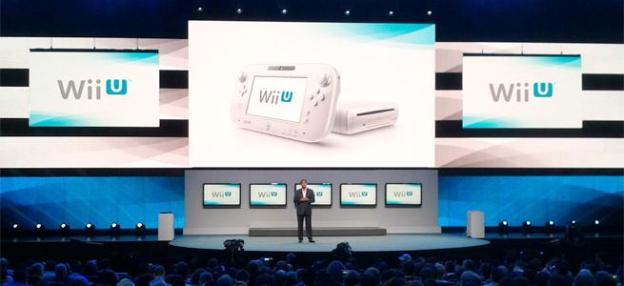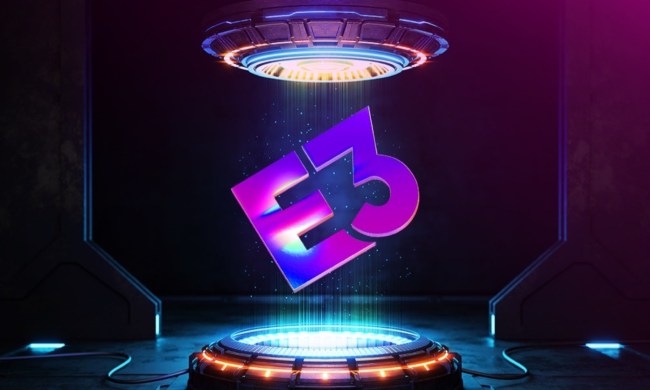 With Nintendo being the secretive company it is, the annual Electronic Entertainment Expo has always been an oasis of information for the company’s many fans. From its debut in 1995 to the company’s Wii U reveal in Los Angeles two years ago, E3 has always been a spectacle for Nintendo’s fans, a guaranteed source of new announcements. It hasn’t always been pretty – the nightmare of 2008’s Wii Music reveal still looms large – but it’s always been interesting. From E3 2013 on though, fans will have to be happy with a low key Nintendo, as the company won’t be holding its tent pole press conference any longer.
With Nintendo being the secretive company it is, the annual Electronic Entertainment Expo has always been an oasis of information for the company’s many fans. From its debut in 1995 to the company’s Wii U reveal in Los Angeles two years ago, E3 has always been a spectacle for Nintendo’s fans, a guaranteed source of new announcements. It hasn’t always been pretty – the nightmare of 2008’s Wii Music reveal still looms large – but it’s always been interesting. From E3 2013 on though, fans will have to be happy with a low key Nintendo, as the company won’t be holding its tent pole press conference any longer.
“At E3 this year, we are not planning to launch new hardware, and our main activity at E3 will be to announce and have people experience our software,” explained Nintendo president and now Nintendo of America CEO Satoru Iwata during a presentation to investors on Wednesday, “As a brand new challenge, we are working to establish a new presentation style for E3.”
“First, we decided not to host a large-scale presentation targeted at everyone in the international audience where we announce new information as we did in the past. Instead, at the E3 show this year, we are planning to host a few smaller events that are specifically focused on our software lineup for the U.S. market.”
For anyone that remembers thrilling moments like the shocking announcement of The Legend of Zelda: Twilight Princess at the end of E3 2004, the lack of a major Nintendo press conference may seem sad, even crazy. Aren’t events like this meant to raise awareness of what Nintendo is developing? Isn’t it the central pillar of the company’s marketing machine?
Not any longer. In fact, the marketing and promotion culture that was built up around E3 is quickly dying in the modern game industry, as the release schedule comes to rely more on the full calendar rather than only holiday releases. Consumers interested in gaming are engaged all year round, so why only bombard them with new announcements at a single event when you can better control your message through consistent, smaller announcements closer to a game’s actual release.
Nintendo’s been moving away from the old E3 standard for a long time now. Those who tracked the company in 2012 should not find this announcement surprising. Unlike in 2006 when it announced the release information of the Wii at E3, Nintendo did not confirm the price, release date, or launch line up for the Wii U until September 2012, opting instead to discuss a select few Wii U games. Announcing NintendoLand in the big press conference setting actually worked against Nintendo, as the audience was confounded by the presentation. Just look at how Digital Trends reacted at the time.
Still, it is surprising to see Nintendo bow out of E3 less than two months before the show begins, especially with the intense criticism that the Japanese company has been receiving over the Wii U. Unveiling an impressive library of coming titles could help dispel the fears of fans and investors and get things back on track. Switching to a smaller, more intimate venue for press and streaming events online might help to better show the details of the games, but it won’t have the bomb dropping impact that a massive, well received event could have.
Now more than ever Nintendo needs to prove itself a lithe, adaptable company as capable of changing the way it does business as maintaining a level of creativity in its products. Nintendo has never been afraid to take risks. Maybe this one will pay off.


